Service hotline
+86 0755-83975897
 en
en Release date:2024-12-24Author source:KinghelmViews:2463
Connectors are crucial components in electronics, serving as the link between different devices or circuits. They come in various types, each suited to specific applications. In 1989, with support from the National Electronic Distributors Association (NEDA), industry leaders developed a classification system for connectors. According to this system, connectors are divided into five main categories: board-mounted connectors, high-frequency connectors, electrical connectors, modular connectors, and hot-swap connectors.
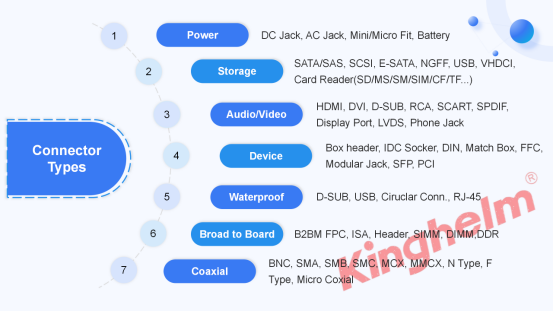
Board-mounted connectors are used to link the internal and external circuits on a printed circuit board (PCB). These connectors have one end fixed to the board, which helps streamline connections and reduce the risk of errors or damage during manual assembly. Board-mounted connectors are typically categorized into SMT (Surface-Mount Technology) connectors and DIP (Dual In-Line Package) through-hole connectors. Both types are essential in electronics like computers, mobile phones, and many other devices.
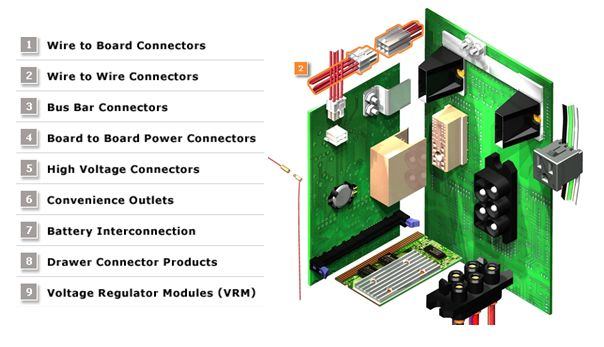
High-frequency connectors are designed to handle electronic signals and power, especially in applications where high-speed data and signal transmission is crucial. These connectors are a vital part of the electronic packaging system, acting as bridges to transmit high-quality signals. They play a significant role in fields like broadcasting, communication networks, and high-speed data transmission. Examples of high-frequency connectors include SMA, N, and BNC connectors, which are widely used in radio-frequency transmission, electronic testing, and other high-performance applications.
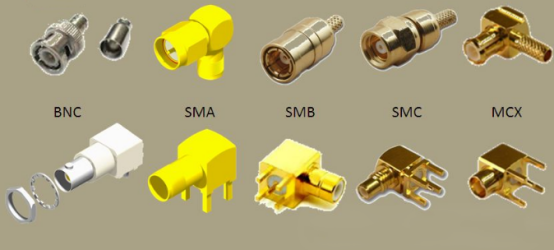
Electrical connectors are primarily used to connect cable wires in electrical and electronic equipment. They’re essential for power transmission and are found in various industries, including aerospace, aviation, transportation, medical, and more. These connectors typically consist of two parts: a fixed electrical connector (the socket) and a free-end electrical connector (the plug). Electrical connectors are crucial for transmitting low- and high-frequency signals as well as electrical power. The quality of these connectors directly impacts the performance and reliability of the overall system.
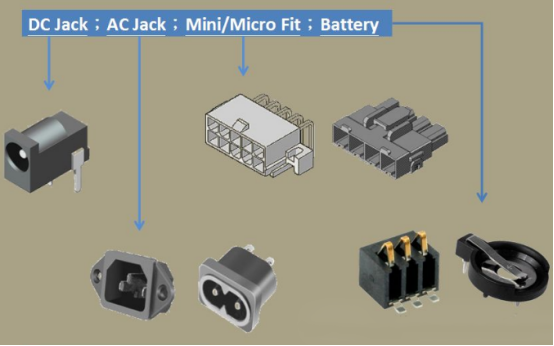
Modular connectors are made up of multiple modules that can be combined to create a customized connector for specific applications. They are commonly used in network equipment, data acquisition, and computer systems. Modular connectors are highly versatile and can be easily configured to meet the performance and physical requirements of various systems. One of the advantages of modular connectors is that they allow for quick assembly and upgrades, making them cost-effective and efficient. They are ideal when flexibility is needed, as individual components can be replaced or added without replacing the entire system.
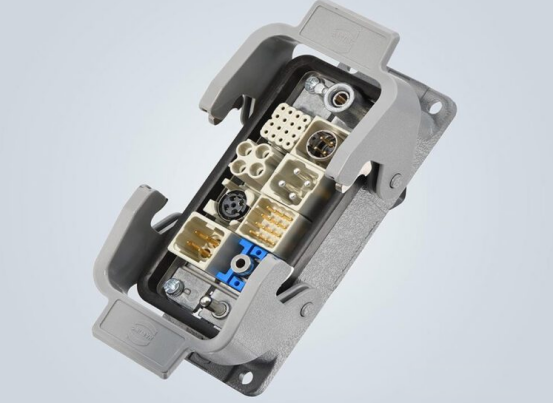
Hot-swap connectors, or hot-plug connectors, are designed to allow for the safe addition or removal of components from a system without turning off the power. This functionality is essential for maintaining system uptime, allowing for repairs, upgrades, or troubleshooting without disrupting operations. These connectors feature mechanisms like make-before-break to ensure that power and ground connections are safely established before and after a component is inserted or removed. Hot-swap connectors are commonly used in data centers, network equipment, and computer systems to improve reliability and maintain smooth operation.
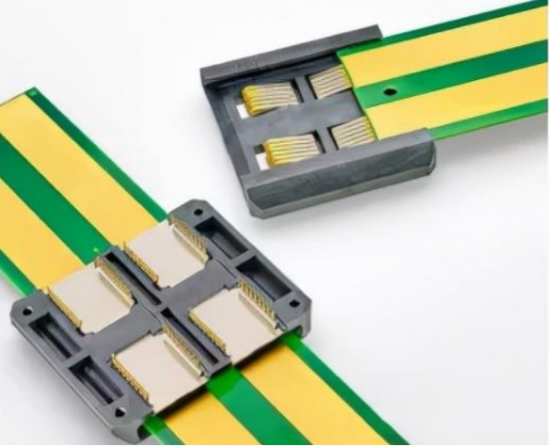
Connectors are indispensable in modern electronics, and understanding the various types and their specific applications is key for any professional in the field. Each connector type—whether board-mounted, high-frequency, electrical, modular, or hot-swap—has unique benefits suited to particular needs. When choosing a connector, it’s important to consider all factors carefully to ensure the efficiency, reliability, and stability of the overall system.
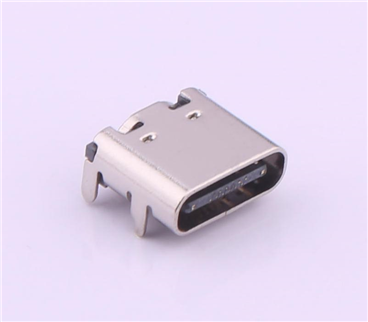
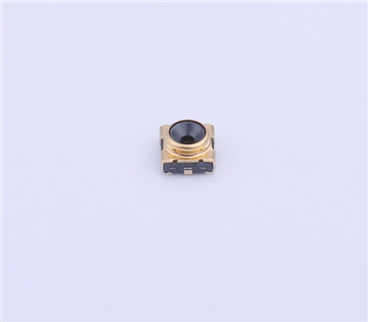
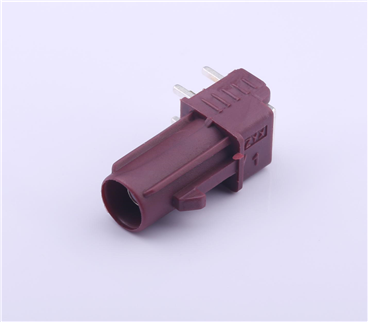
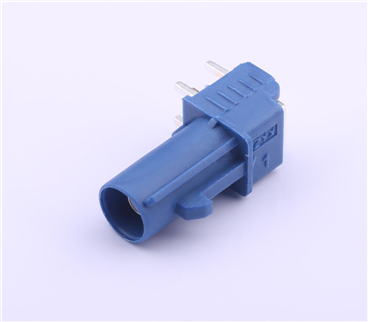
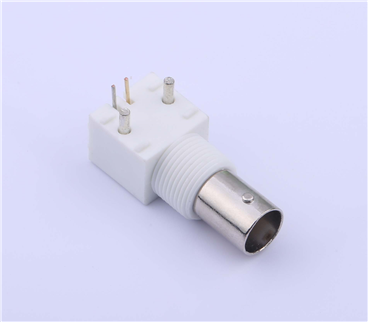
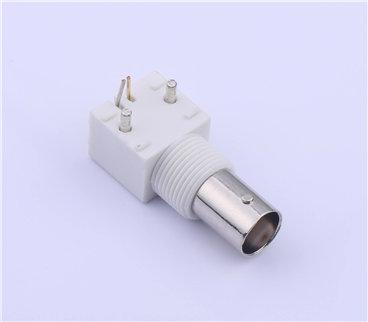
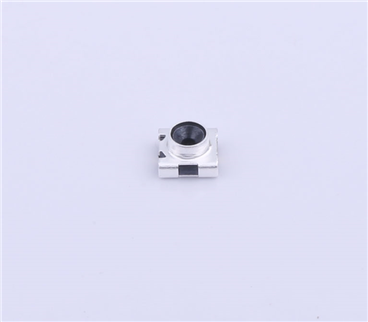
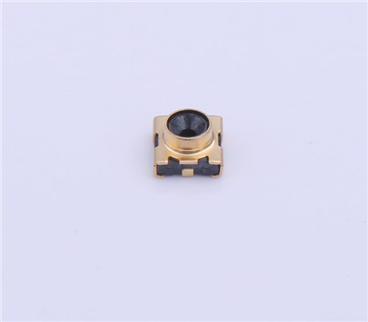
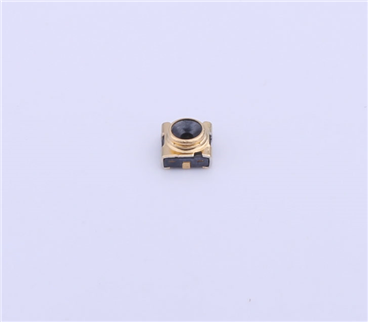
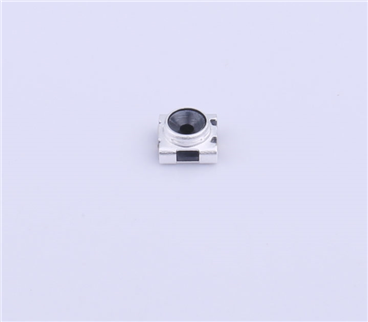
Copyright © Shenzhen Kinghelm Electronics Co., Ltd. all rights reservedYue ICP Bei No. 17113853
